Introduction to Onigirazu
I bet you already have an idea of what this dish is about from its name only. Onigirazu, somehow like Onigiri but is different. Onigirazu is a new conventional dish in Japan. It is a rice ball that the Japanese can make without gripping hardly and is a rice ball wrapped in a grilled seaweed with plenty of ingredients inside. Additionally, it is a recipe introduced as a “super easy rice ball” in the 22nd volume of the manga “Cooking Papa” (published by Kodansha).
There are many new dishes in Japan that locals based on their traditional foods, and Onigirazu is one of them. Now, let us learn more about this exceptional food.
Etymology
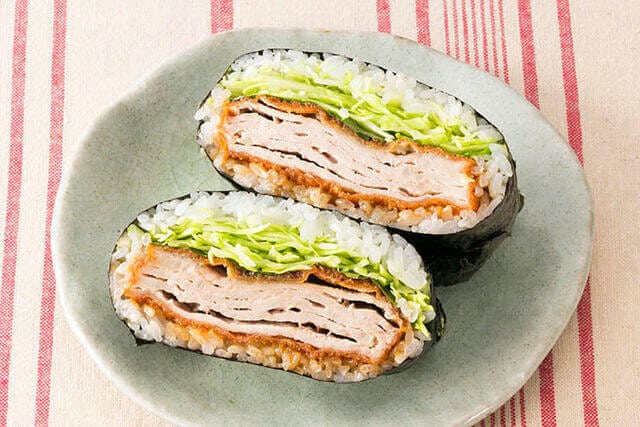
The name onigirazu is quite exciting. It is a term derived from the word “onigiri (お握り),” which means rice ball. And that portrays to “nigiru (握る),” or mold (rice) in one’s hands. Consequently, “nigirazu (握らず),” where “razu” means the opposite, to not mold in one’s hands.
What is Onigirazu?
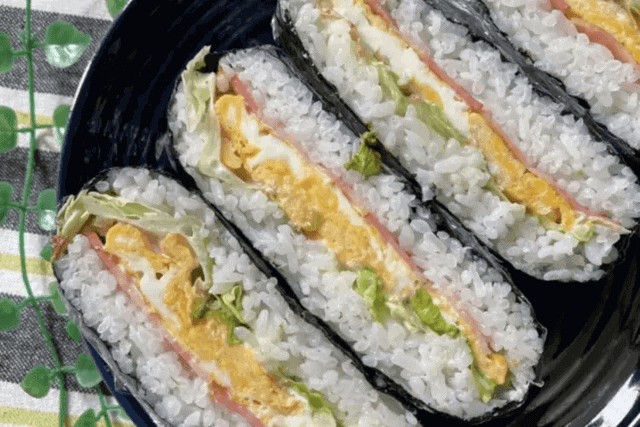
Onigirazu (おにぎらず) is a Japanese rice ball that locals make without gripping the whole rice ball hardly. It is similar to Onigiri, where they wrapped the rice in a grilled seaweed, but it has plenty of ingredients inside. Additionally, Onigirazu is a creative take on the traditional rice ball, a standard snack, lunch, or picnic item. For Onigiri to turn into Onigirazu, locals layered a square of seafood with warm rice and onigirazu fillings. Such as ham, cheese with egg, tuna salad, fried chicken, or some left-over stir-fry.
Ketchup and mayonnaise are common condiments used as spreads; they also use lettuce to form boundaries in the layers. Subsequently, you can layer salmon with chive cream cheese and arugula, chicken nuggets with lettuce and ketchup, roast chicken with tomato, and baby lettuces. There are many onigirazu ideas for its fillings, and you can make one for yourself too.
Moreover, these rice sandwiches are increasingly a part of dining out, and their presence in restaurant menus increased rapidly as time passed. In fact, the Gurunavi Research Institute selected “Onigirazu” as the “Dish of the Year” for 2015, an item of cuisine that best reflects the year in contemporary Japanese society. They chose this dish among six nominated dishes announced on November 9, 2015.
History of Onigirazu
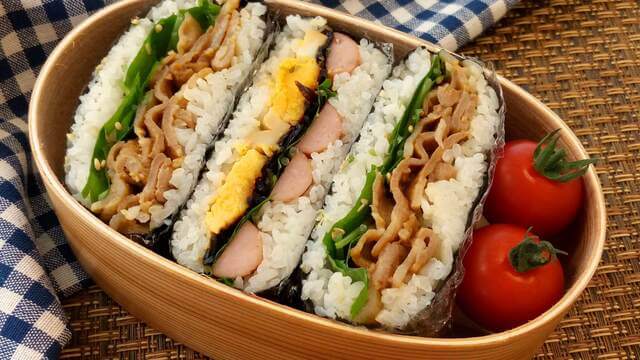
The name “Onigirizu” first appeared in the popular manga “Cooking Papa”. Japan serialized this for a long time in the manga weekly magazine “Morning” (Kodansha). In the said work, the main character, Kazumi Araiwa, who does both work and housework perfectly. He made a time-saving lunch for the eldest son, an elementary school student, in the 22nd volume (episode 213) of the book released in 1991. Therefore, they posted the recipe of this and became a popular search on the net. Consequently, Onigirazu has been in the limelight for more than 20 years. When Japan published this news, there were only 12 dishes on Cookpad; however, at present, there are more than a thousand recipes to be found for it alone.
Onigirazu Recipe
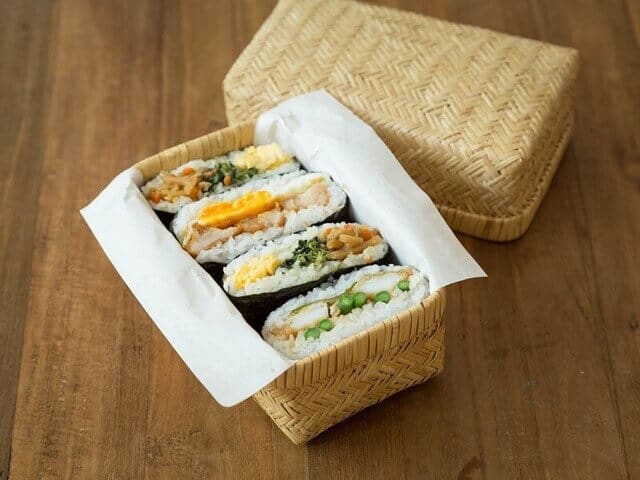
Before we learn how to make onigirazu, we should understand the onigirazu recipes or how to make it at home also. Additionally, in making it be reminded that the ingredients vary on whatever ingredients you want to put it.
How To Make Onigirazu?
Onigirazu Ingredients
| Onigirazu (base) ingredient for 4 people | |
| Japanese rice newly cooked | 800g |
| Rice vinegar | 14.4g |
| Roasted nori sheets | 10.4g |
Spread the wrap so that it is square to you. Place the seaweed so that it looks like a diamond from your perspective.
Place the rice so that it looks like a square. It may be better to put in a small amount of rice. Because it is easier to wrap it neatly even if you put thick ingredients on it.
Put your favorite ingredients on top of the rice, and then put the rice on top of it after.
Making Chicken Katsu Style Onigirazu
Chicken Katsu Onigirazu Ingredients
| Chicken Katsu Onigirazu for 4 people | |
| Gari (pickled sushi ginger) | 17g |
| Chicken Katsu | 548g |
| Tonkatsu Sauce | 132g |
| Shredded Cabbage (divided into four portions) | 89g |
After making the Onigitrazu base, firstly, arrange strips of pickled ginger on top of the rice. Then, take a chicken katsu and press lightly on the rice.
Spread tonkatsu sauce on top of the chicken katsu.
Take a portion of shredded cabbage and place it on top of the chicken.
Now, we are down to the last layer of making onigirazu. Take another portion of rice and lightly press on the cabbage-topped chicken katsu.
Gather the four corners of the nori sheet and fold in to enclose the fillings. When wrapping seaweed, wrapping it tightly is the key to making a beautifully shining rice cake. Wrap the wrap tightly.
Check the cutting direction; cut with a knife while wrapping. Lightly moisten the knife with water and move the knife toward you so that you can pull it out. Be careful not to crush it, and pull the knife lightly. Serve the chicken katsu onigirazu right away to expose the fillings for a more visually appetizing look.
Onigirazu vs Onigiri
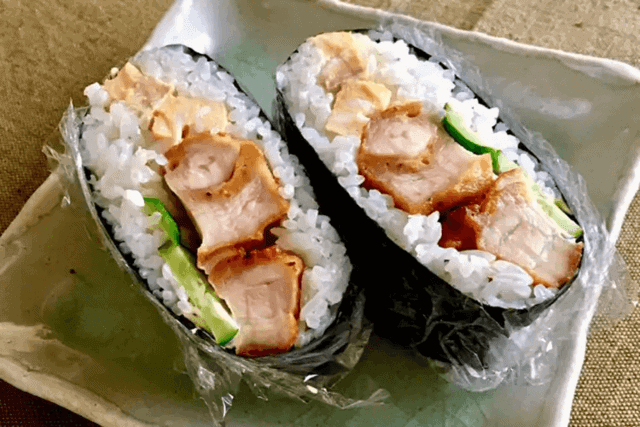
Onigiri is a white rice-based food wrapped with seaweed (nori) in a triangular or cylindrical shape. On the contrary, onigirazu is sushi and often referred to as the “sushi sandwich.” These two foods are cooked differently, contain different ingredients, and come in various forms. Firstly, the most fundamental difference is the preparation and the cooking of the rice. Onigiri rice is cooked plainly without seasoning, while the rice for onigirazu is cooked with salt and sometimes with vinegar and sugar, like sushi rice. Furthermore, onigiri tends to be more simple regarding its fillings due to its relatively small size. Second of all, since onigirazu is a sandwich, there are more options for the fillings.
What tool can you use when making Onigirazu?
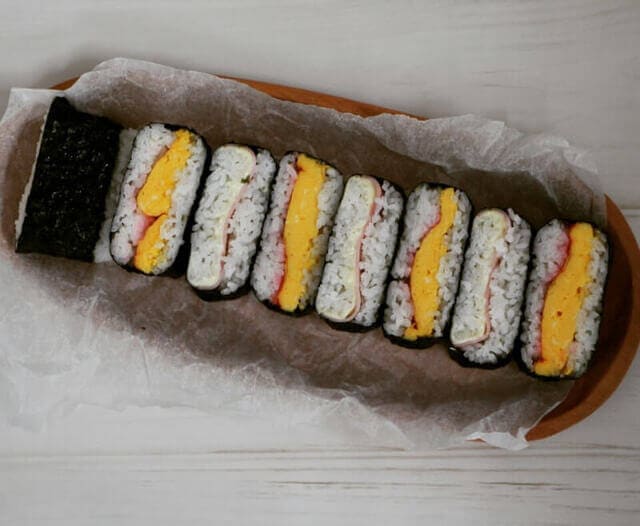
If you always want to make this at home, you might need to do it quickly, fast, and conveniently. You can use a wooden onigirazu maker or mold. A plastic mold has a reasonable price but might break one day; however, the wooden mold will last to the next generation if you take good care of it. Furthermore, with the mold, you can portion control the amount of rice and filling. Without it, you may often add way too much rice and filling and struggle to wrap the nori around nicely. The onigirazu mold is not necessarily needed to make it but it definitely helps a lot.
How do you eat Onigirazu?
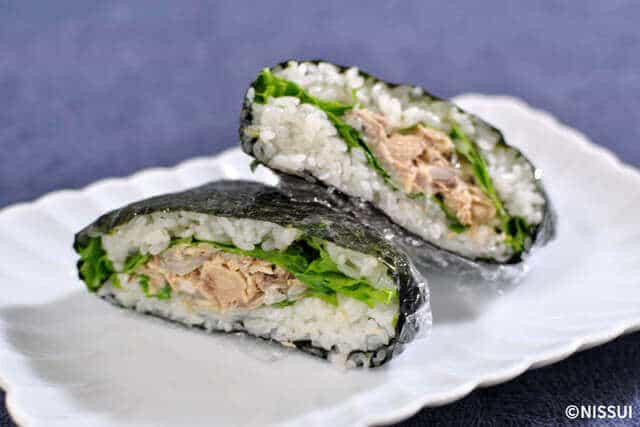
Japanese eat Onigirazu for breakfast or as a snack, but locals most popularly enjoyed it at lunch. Onigirazu is especially popular when included as part of a bento meal. Just like sandwiches, the Japanese designed it so that you can “take it and eat it anywhere,” so there is no need to heat it and meant to be eaten at room temperature.
Recommended Onigirazu Restaurants
Nico-Ya
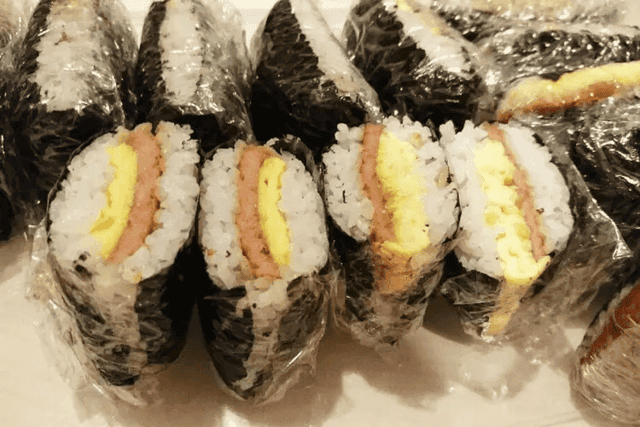
Since its establishment in 1921, Nico-Ya aims to be the next soul food in Japan. With their special seaweed from the nori grown in Ariake Sea, Kyushu, they early harvested the nori, which is flavorful, fragrant, and melts in your mouth. They are also proud of using white rice that is sticky and delicious when cold that suits their onigirazu. Lastly, Nico-Ya is passionate about their onigirazu fillings, such as homemade salted salmon and Japanese-style omelets, which offer hospitality with ingredients that match the rice.
Onigirazu Onimaru
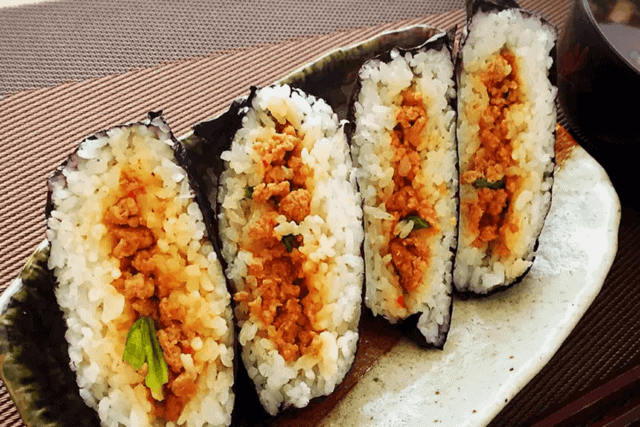
Onimaru shop uses rice, seaweed, and eggs from Suzuka City, and they make each one by hand. They relieved the taste unique to handmade. Each and everything has a charming shape. Additionally, they will provide onigirazu that will give you peace of mind as a part of your daily life. Therefore, customers can easily enjoy a great variety of handmade tastes. Such as red salmon, tuna mayo, dashi-rolled egg, keema curry, and many more flavors. Their prices vary and start at ¥200.
Rainbow Honten
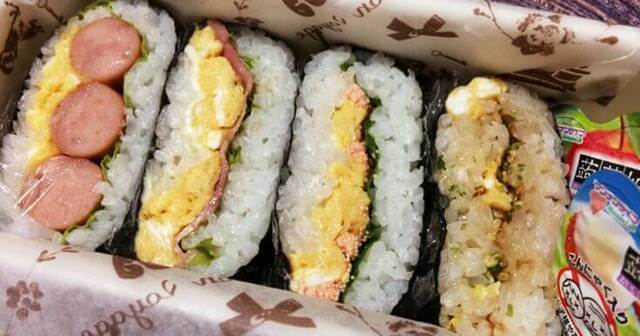
The shop has a unique name on it, Rainbow. Consequently, Rainbow specializes in making handmade Onigirazu with different types of ingredients, from meat to vegetables. It has a wide variety of menus that goes well with their delicious and healthy lemonades. You can feel a sense of closeness between Japan and the Japanese.
Conclusion
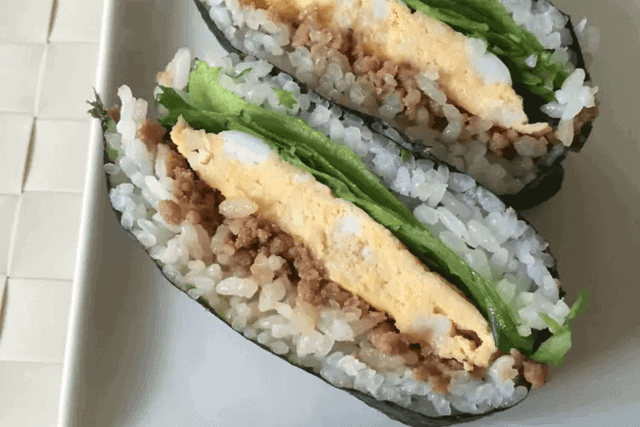
When many in Japan see the modern trend away from rice as troubling, this dish, Onigirazu, is a perfect epitome of the new idea. This unique idea has expanded the possibilities of the traditional staple, re-establishing an awareness of just how essential rice is to Japanese people. At the same time, this is a simple, beautiful, hygienic dish.
There are many variations because it does not have they do not need to ball it up and, therefore, can be made with ingredients of any available size. And consequently, it allows for enjoyable freedom of new onigirazu ideas.
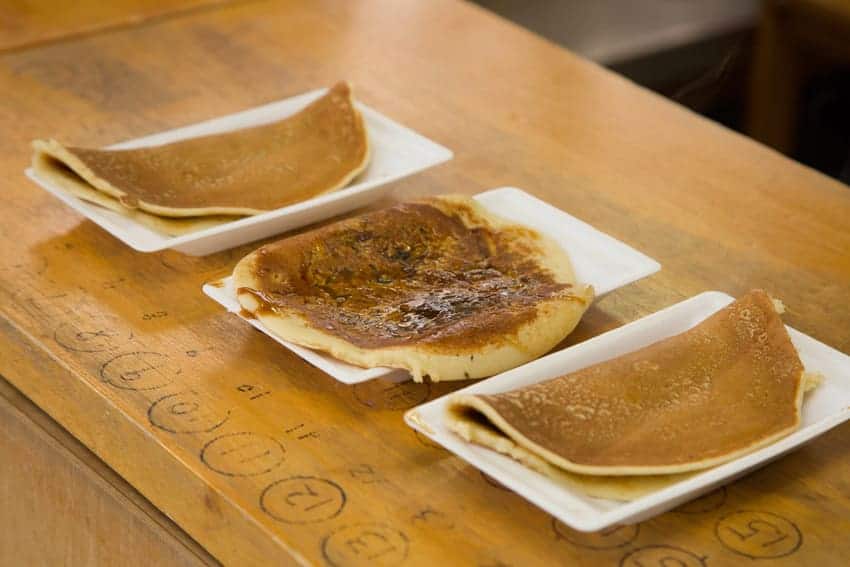
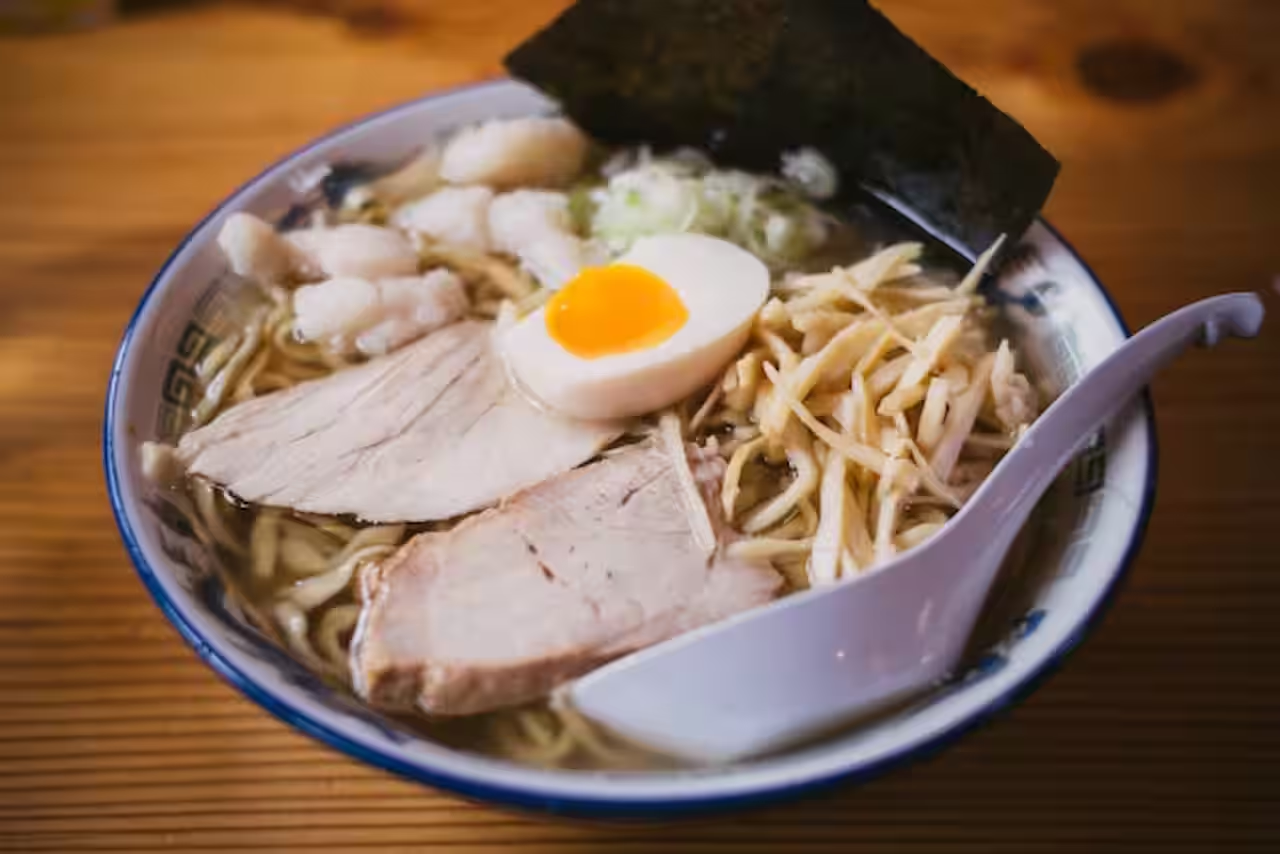
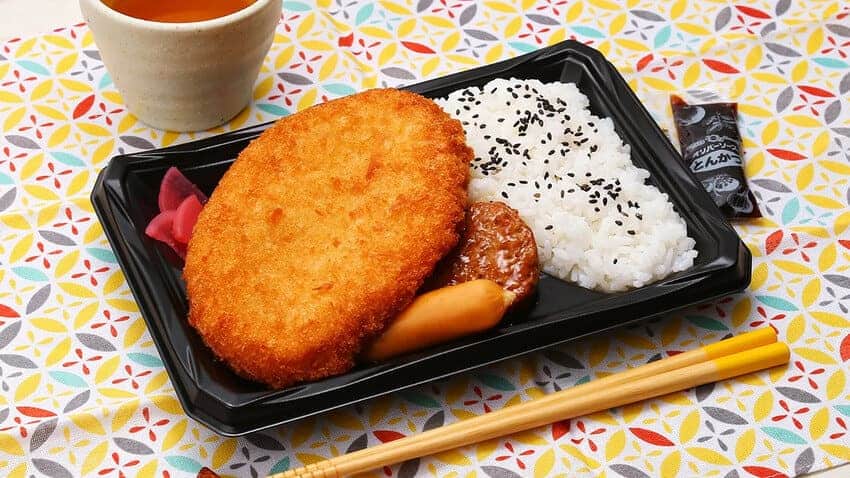
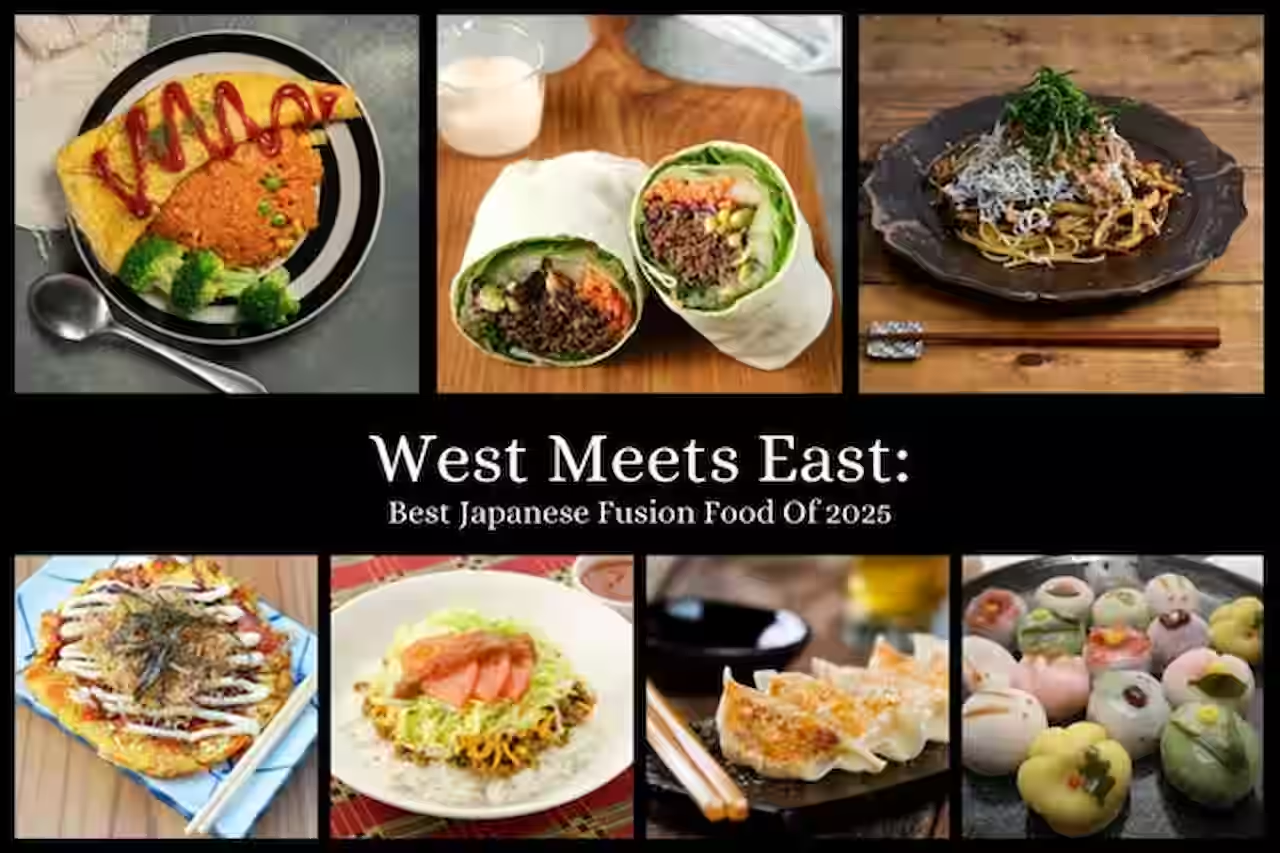
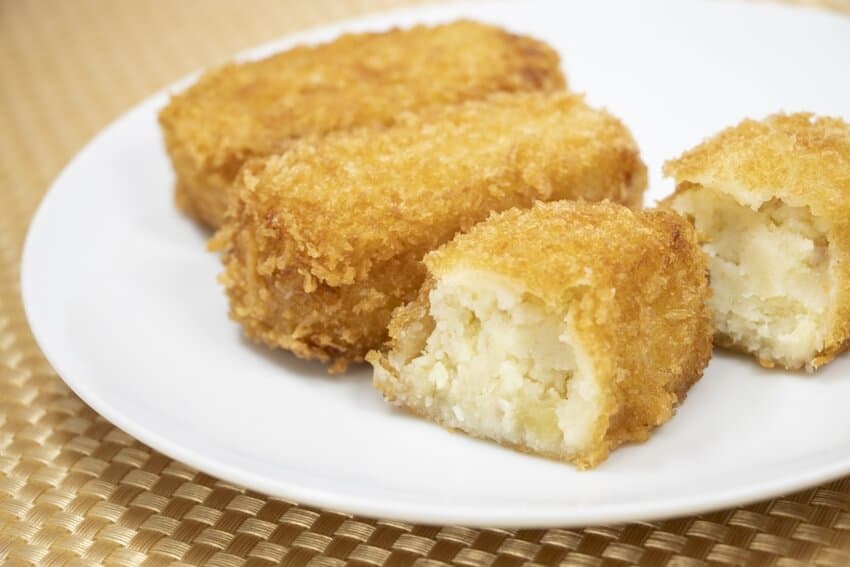

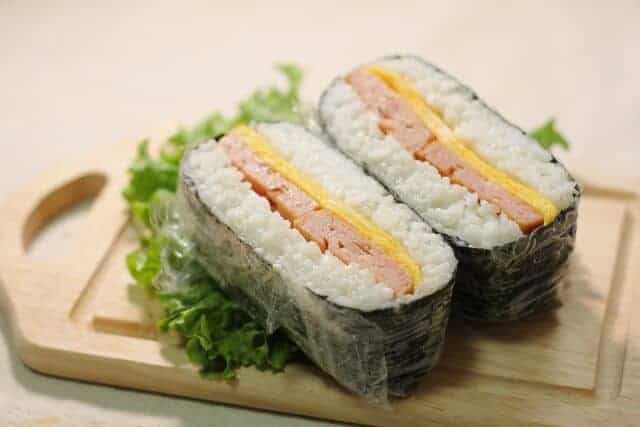
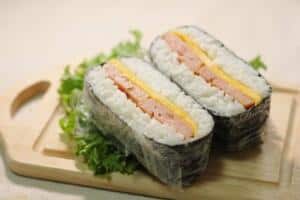
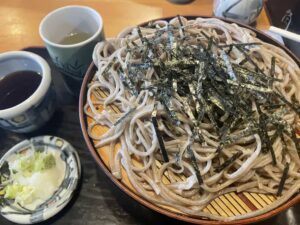
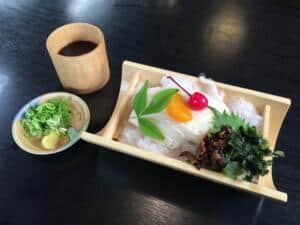
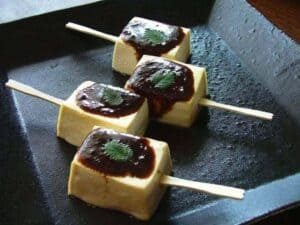
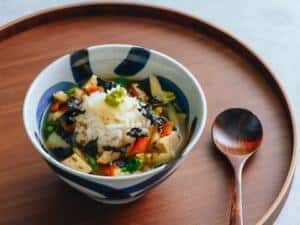
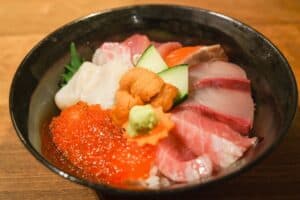
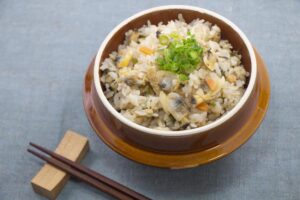
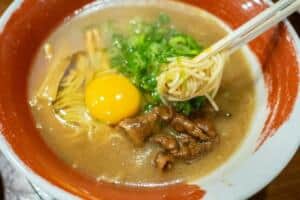
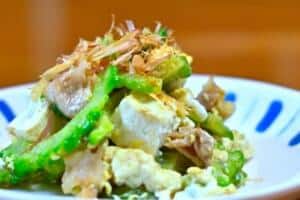
Comments